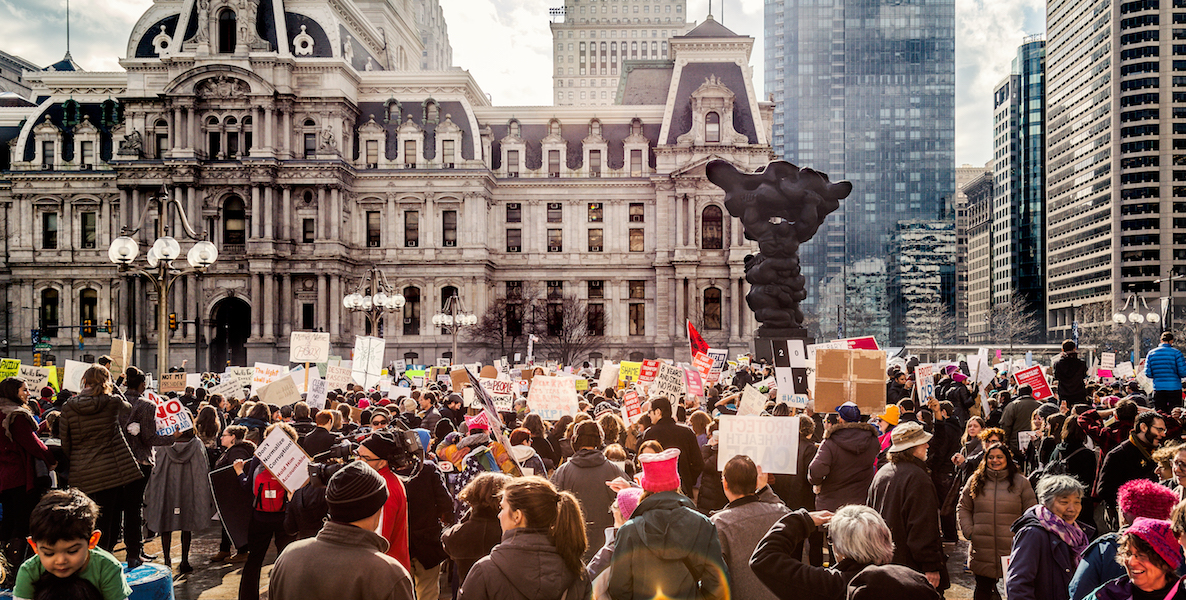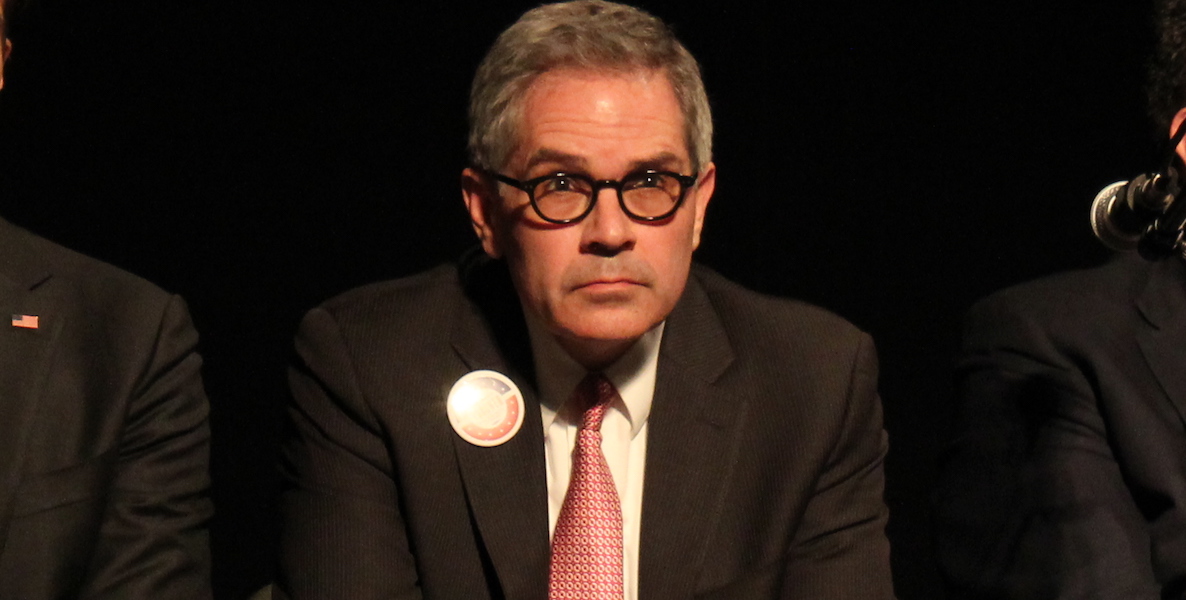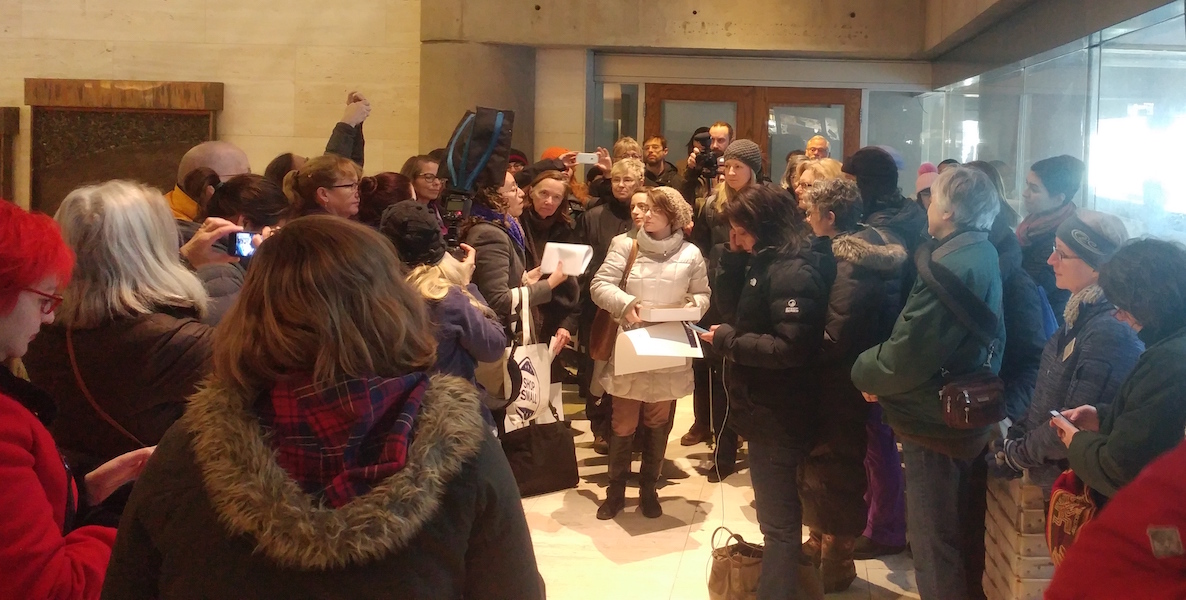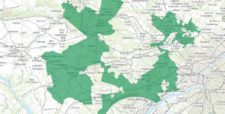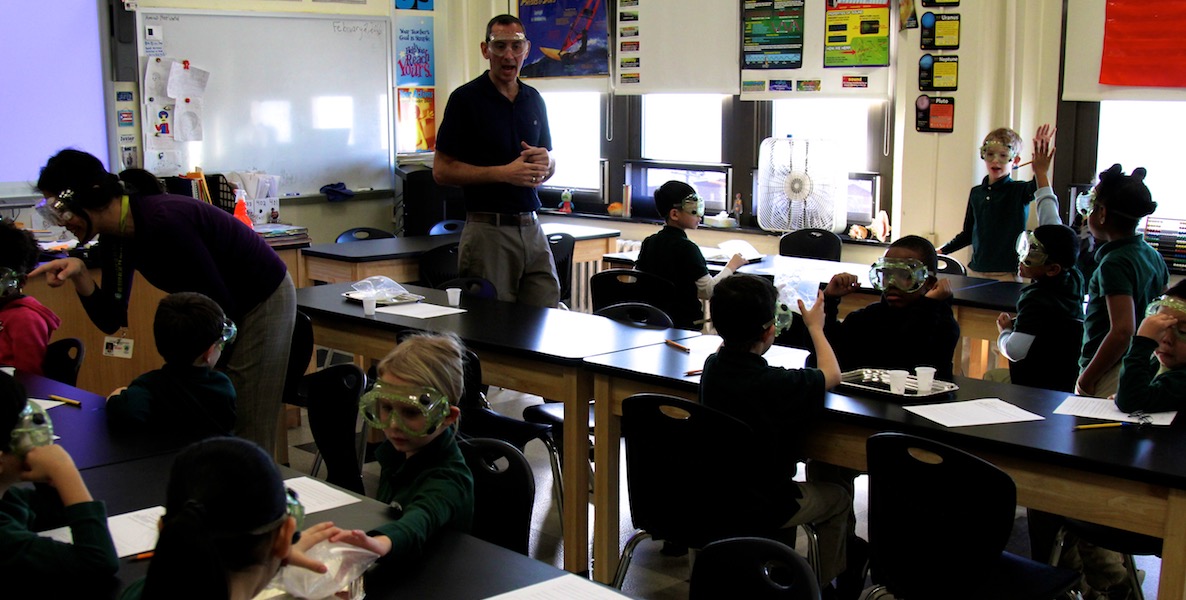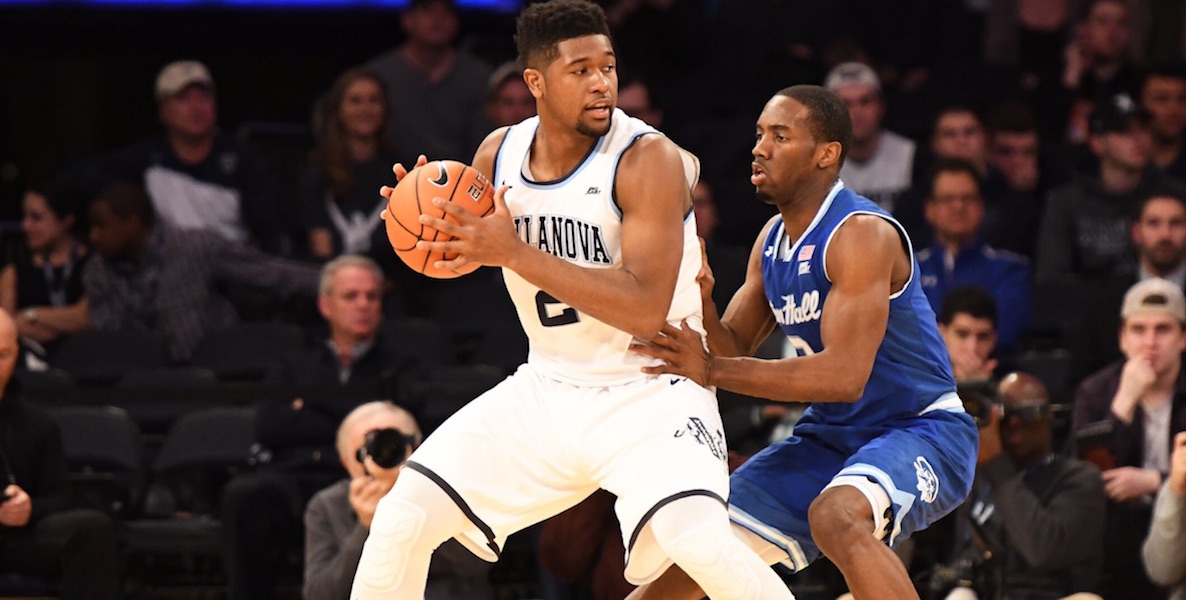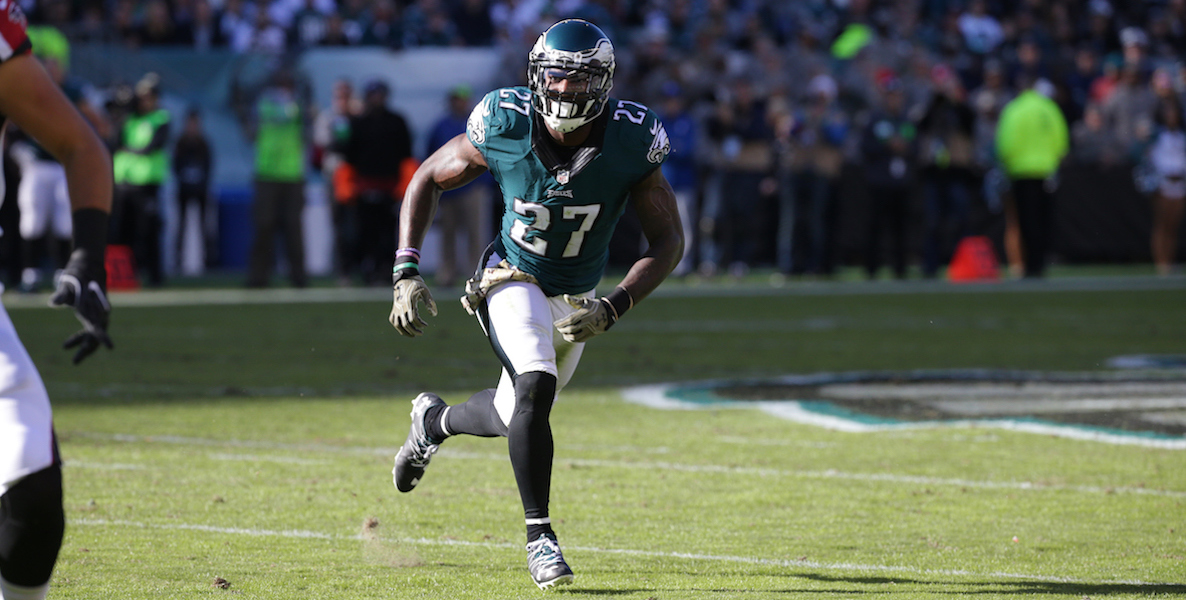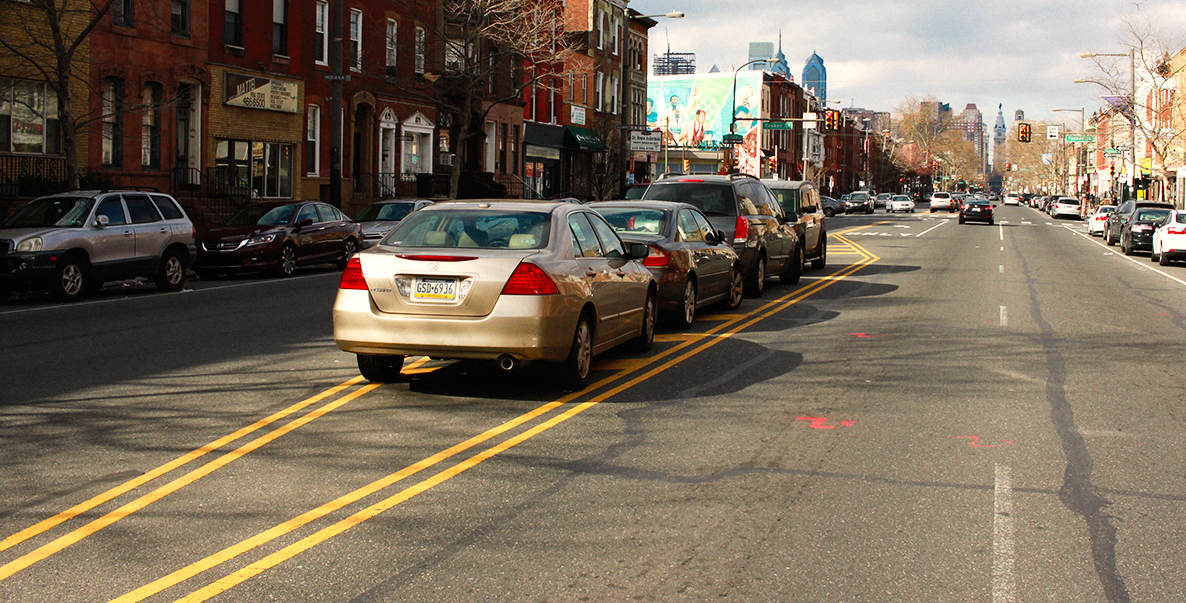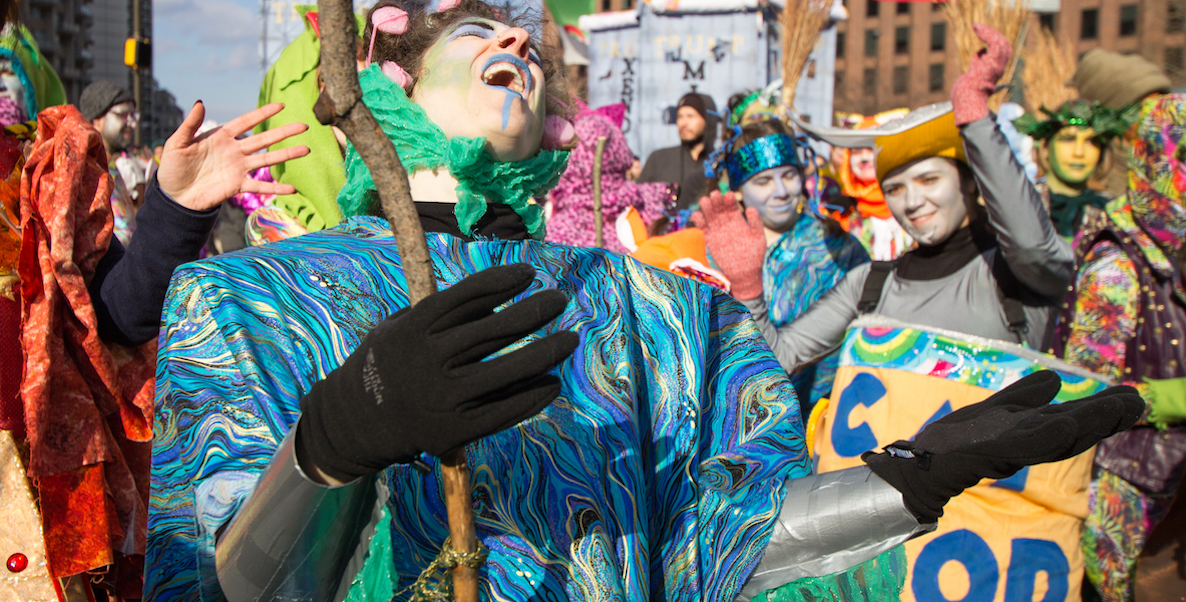It was almost the end of the year, amidst the blare of a broken horn, that I finally took in the gift that was 2017. I was at the 23rd Street Armory, attending the second of two performances of Temple Contemporary’s Symphony for a Broken Orchestra, a piece of community-inspired and -fueled art that was like a civic engagement bath bomb: It drew attention to the plight of music programs in Philly schools; raised money to fix and maintain the district’s broken instruments; drew a diverse and talented group of volunteer musicians; created a piece of irreplicable music; and put Philly in a national conversation about all these things. And the music—played on 400 broken instruments from Philly schools—was beautiful.
What a way to end 2017, a year that was, in many ways, disheartening to an extreme. Nationally, America feels brittle to the point of breaking. Locally, it can look bleak, too: The city’s homicide rate went up again, its poverty rate refuses to budge, schools are still struggling, political corruption seems steady, the street are still covered with litter, the same fights continue to be fought.
We’re ending this year better than we started it. Let’s do that again next year. Engage. Vote. Run for office. Volunteer. Vote. Be a socially-conscious consumer, business owner, resident. Vote. Let’s show America how it’s done, people.
But it was also a banner year for the sort of civic engagement we here at The Citizen have been championing since our start. In January, some 50,000 people turned out for the Women’s March, which may have been planned in anger but felt on the ground like an outpouring of support and hope and sometimes hilarity. Before year’s end, we had a rousing election with the biggest voter turnout for an off-year in a decade. (Though to be clear: 20 percent is STILL ABYSMAL.)
This year proved that Philadelphians have a capacity to expand what it means to come together, to use art and conversation and passion as a means of civic expression and to lead the way in creating the change we need to see in the world.
The Citizen’s most-read stories of 2017 were a snapshot of this, a look into the minds of Philadelphians this year. We cared a lot about politics and protests, schools and socially-minded sports, the needy and under threat, transportation and parking—always parking.
What does that mean for 2018? We’re ending this year better than we started it. Let’s do that again next year. Engage. Vote. Run for office. Volunteer. Vote. Be a socially-conscious consumer, business owner, resident. Vote. Let’s show America how it’s done, people.

Who would have thought we’d come off 2016 with energy for another rousing election? But here in Philly, we did. In addition to the eight-way race for the Democratic District Attorney nominee in an election to replace disgraced Seth Williams, we had an unprecedented race for City Controller, a job that many people had probably never thought about, for which former Kenney official Rebecca Rynhart became the top vote-getter overall in November. But it was newly-elected DA Larry Krasner, the most progressive candidate in a field of progressives, whose race really captivated the city. As the letter from current and former DAs showed, not everyone is hopeful about what Krasner’s election means. Others couldn’t be happier.
We also learned this year that protest doesn’t need to be angry, or draw thousands of people. Sometimes, it just takes a dedicated few who are consistent and unwavering, like the folks at Tuesdays with Toomey, who take their targeted actions to Sen. Toomey’s local offices both here and across the state, in places like Allentown, Harrisburg and Pittsburgh.
And the 2016 election had a decidedly weird effect. People started actually talking about one of the most baffling, and—until now—boring topics in politics: Gerrymandering. It propelled a statewide movement to change the way Pennsylvania—among the most gerrymandered in the nation—forms its electoral districts, led by FairDistricts PA. The issue is now in the hands of both a federal judge and—perhaps more importantly—the state Supreme Court, which could issue a decision that reshapes districts in time for next year’s election.
What does all this mean for 2018? Elections for everything from neighborhood committee people to Governor are on the ballot this coming year. Voting is more critical than ever—as is making our voices heard with our already-elected. As Citizen board member Diana Lind wrote in a piece in January, we here in Philadelphia need to vote if we want representatives who reflect our urban values. So please do it.

This year was remarkable in that the 16-year-old School Reform Commission voted to disband, a decision affirmed this week by Gov. Tom Wolf. But it was not so unusual in one respect: The debate about city schools carried on unabated, with inequity the perpetual jumping off point for every side, whether pro-charter, anti-charter, pro-local control, anti-local control, or the side of every parent, I want my child to get a good education. The ultimate goal for everyone is a great local school for every student. As one neighborhood—Queen Village—has found, even that success is rife with unintended consequences for both the haves and the have-lesses.
Educators often seem to have little voice in the school debates, which have taken on a political dimension far beyond school walls. But they are, of course, at the center of any solution to our education issues in Philly. As Principal Hilderbrand Pelzer III wrote this year, they can also contribute to the problem, in the way they interact with students they deem difficult—particularly African American boys. Schools like Boys Latin have launched efforts to fight the low rate of school success among black boys in Philly, and Mastery Principal Sharif El-Mekki (a Citizen contributor) are working hard to recruit more black male teachers, one way to inspire kids to stay in school.
In 2018, we get the chance to see what local control of schools looks like. Mayor Kenney is in a bid to the be education mayor this city has long needed. But politics alone won’t solve what ails Philly schools. That takes an all hands on deck approach, from policy, school, classroom and student levels—and it takes residents, even those without children in schools, to decide it matters that everyone has good schools.

Mayor’s Kenney education efforts have thus far coalesced around universal pre-K, an uncontroversial idea funded by a wholly controversial, heavily-political one: A tax on sugary beverages. Jeff Brown—the local grocer who opens supermarkets in food deserts—is among those who say the soda tax hurts their business, when we need businesses to succeed in Philly. It’s a debate that hits so many of the local political points in Philly—how we treat businesses at a time when we’re trying to woo Amazon, how we solve problems in a city with such high poverty, and how we can, as residents, make sure our money is well-spent. (See above, re: City Controller.)
In 2018, this particular debate will continue—but so will lots of other discussions about how we grow this city so that everyone can succeed. Take part in those conversations, in whatever form they’re happening—at City Council meetings, school board meetings, your local community group, on the phone with your electeds, via email.

The NFL—not counting our local heroes both on and off the field—is a fairly dastardly organization. And college sports is not far behind. So what’s a fan to do? You can always try what Citizen Editor Larry Platt did this year: Support teams that make the tournament, and also graduate their players. What a concept.
Speaking of local heroes: Eagles all-pro Malcolm Jenkins started his season protesting the national anthem, and ended it not protesting anymore. He drew the attention he needed to the issue of police violence, and spent months also drawing attention to changes needed in the criminal justice system—all while killing it on the field.
In 2018, expect more of the sports world to be engrossed in the politics that has seeped into everything. And why not? Here in Philly, we understand that you can do well and do good. You can also be annoyed by all the politics in sports and have plenty of company. And, well, that’s good too.

Seriously, did anything get Philadelphians more riled up this year than the perennial issue of where to park our damn cars? There was debate, again, about the Broad Street median. There was outrage about the Philadelphia Parking Authority. There was no end it seemed to ideas and grumbles about who can park where, when and who gets away with what. It can seem eye-rollingly silly, this continuous parking obsession. On the other hand: In a year when so many worried over the dissolution of America, is there anything more American than our cars?
As much as we need our cars, we need our public transportation even more. We need it to be efficient, and well-run, and quick, and easy. We have much of that, and SEPTA is working on much of the rest. Sadly, their long-awaited rollout of the SEPTA Key card was a wolf note in a year of pretty bad wolf notes. Why, SEPTA? Why is it so damn hard to just get us on the bus with little hassle?
Please let 2018 be the year the PPA and SEPTA both get their acts together. Philly, keep at them. They are things that bring us all together, physically and emotionally.

Also, MUMMERS. Just, Mummers.
Photo Mobilus In Mobili via Wikimedia

